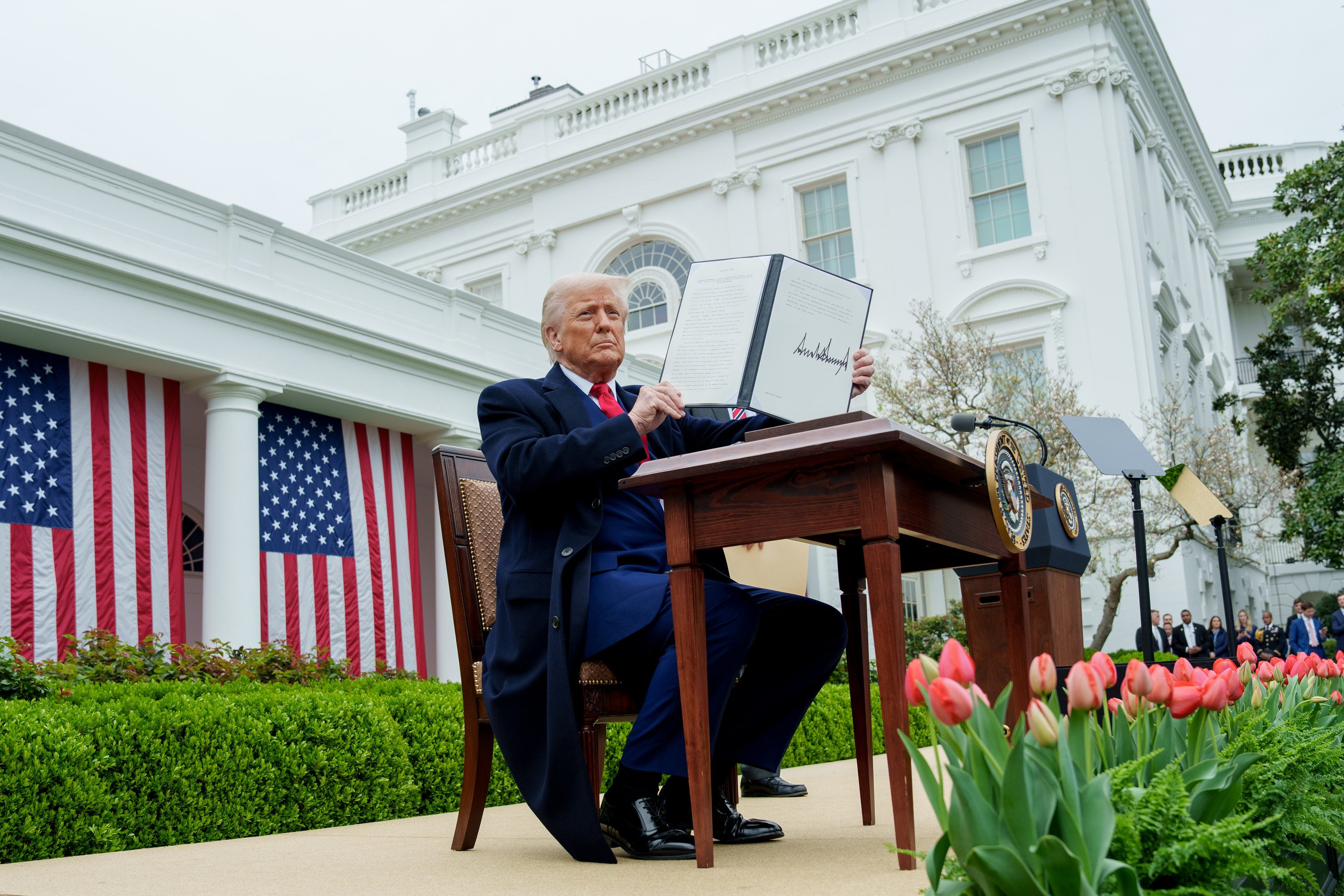Judge Bates Rules Former Colombian President Uribe Enjoys Official Acts Immunity
A federal court in Washington ruled on Thursday that former Colombian President Alvaro Uribe enjoys residual immunity from being forced to testify as a witness in an Alien Tort Statute/Torture Victims Protection Act suit against Drummond Company. (Uribe had been been served with the subpoena last November by a Georgetown University law student while the former President was teaching at Georgetown.) Judge John Bates’ decision is one of the first lower court decisions addressing the immunity of foreign government
Published by The Lawfare Institute
in Cooperation With

A federal court in Washington ruled on Thursday that former Colombian President Alvaro Uribe enjoys residual immunity from being forced to testify as a witness in an Alien Tort Statute/Torture Victims Protection Act suit against Drummond Company. (Uribe had been been served with the subpoena last November by a Georgetown University law student while the former President was teaching at Georgetown.) Judge John Bates’ decision is one of the first lower court decisions addressing the immunity of foreign government official since the Supreme Court last year held in Samantar that the immunity of current and former foreign government officials is governed not by the Foreign Sovereign Immunities Act but by federal common law, as informed by suggestions of immunity filed by the Executive branch.
After the Samantar decision, I noted that the Supreme Court’s ruling will place a substantial burden on the State Department Legal Adviser, who will be required to respond for the foreseeable future to requests from courts (as well as foreign governments) for statements of interest regarding the immunity of foreign government officials. In this case, in response to a request from Judge Bates, Legal Adviser Harold Koh filed a suggestion of immunity for Uribe, stating that the former President “enjoys residual immunity from this Court’s jurisdiction insofar as Plaintiffs seek information (i) relating to acts taken in his official capacity as a government official; or (ii) obtained in his official capacity as a government official.” The statement was consistent with past State Department positions regarding the residual immunity of former government officials.
In a significant holding, the Court refused to recognize an exception to Uribe’s immunity for alleged jus cogens violations, stating that to do so could “eviscerate the protection of foreign official immunity and would contravene federal common law on foreign official immunity.” Human rights litigators have been urging foreign and US courts to recognize an exception to customary international law and US common law principles of official immunity for acts that constitute gross human rights violations, even if conducted in an official capacity (which they must to be actionable under the TVPA). Although some foreign courts have recognized such an exception, Judge Bates joins other US courts in rejecting it in civil cases.
John B. Bellinger III is a partner in the international and national security law practices at Arnold & Porter in Washington, DC. He is also Adjunct Senior Fellow in International and National Security Law at the Council on Foreign Relations. He served as The Legal Adviser for the Department of State from 2005–2009, as Senior Associate Counsel to the President and Legal Adviser to the National Security Council at the White House from 2001–2005, and as Counsel for National Security Matters in the Criminal Division of the Department of Justice from 1997–2001.





